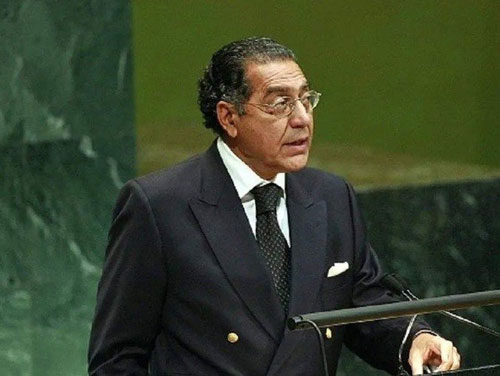New York
Pakistan has warned that attempts by the aspirants for permanent seats on the UN Security Council (UNSC) including India, Brazil, Germany and Japan would kill the consensus-based process to make the UN more effective, representative and accountable. “The Inter-Governmental Negotiations remains the only credible platform for a comprehensive reform of the Security Council,” Ambassador Munir Akram said, while re-affirming that Pakistan’s strong opposition to creating new permanent members.
“Any attempts to undermine or derail the Inter-Governmental Negotiations (IGN) process will prove counterproductive,” the Pakistani envoy said when the long-running IGN process resumed in New York on Monday.
Having failed to evoke support for their bid for permanent membership of the Council, he said that the G-4 members were trying to create the ‘fear’ that the opportunity for reform may soon be lost unless their procedural moves to short circuit the process were endorsed.
“We are prepared to breathe new life in the IGN but some states are bent upon killing the process,” Ambassador Akram said. Full-scale negotiations to reform the Security Council began in the General Assembly in February 2009 on five key areas the categories of membership, the question of veto, regional representation, size of an enlarged Security Council, and working methods of the council and its relationship with the General Assembly.
Despite a general agreement on enlarging the Council, as part of the UN reform process, member states remain sharply divided over the details. The G-4 have shown no flexibility in their push for expanding the Council by 10 seats, with six additional permanent and four non-permanent members.
On its part, UfC has proposed a new category of members not permanent members with longer duration in terms and a possibility to get re-elected.
The Security Council is currently composed of five permanent members Britain, China, France, Russia and the United States and 10 non-permanent members elected to serve for two years. In his remarks, Ambassador Akram said that the UfC proposal to add 11 new non-permanent seats would redress the ‘deficit’ of equitable representation in the Security Council, as it accommodates the interests of all groups. —APP










